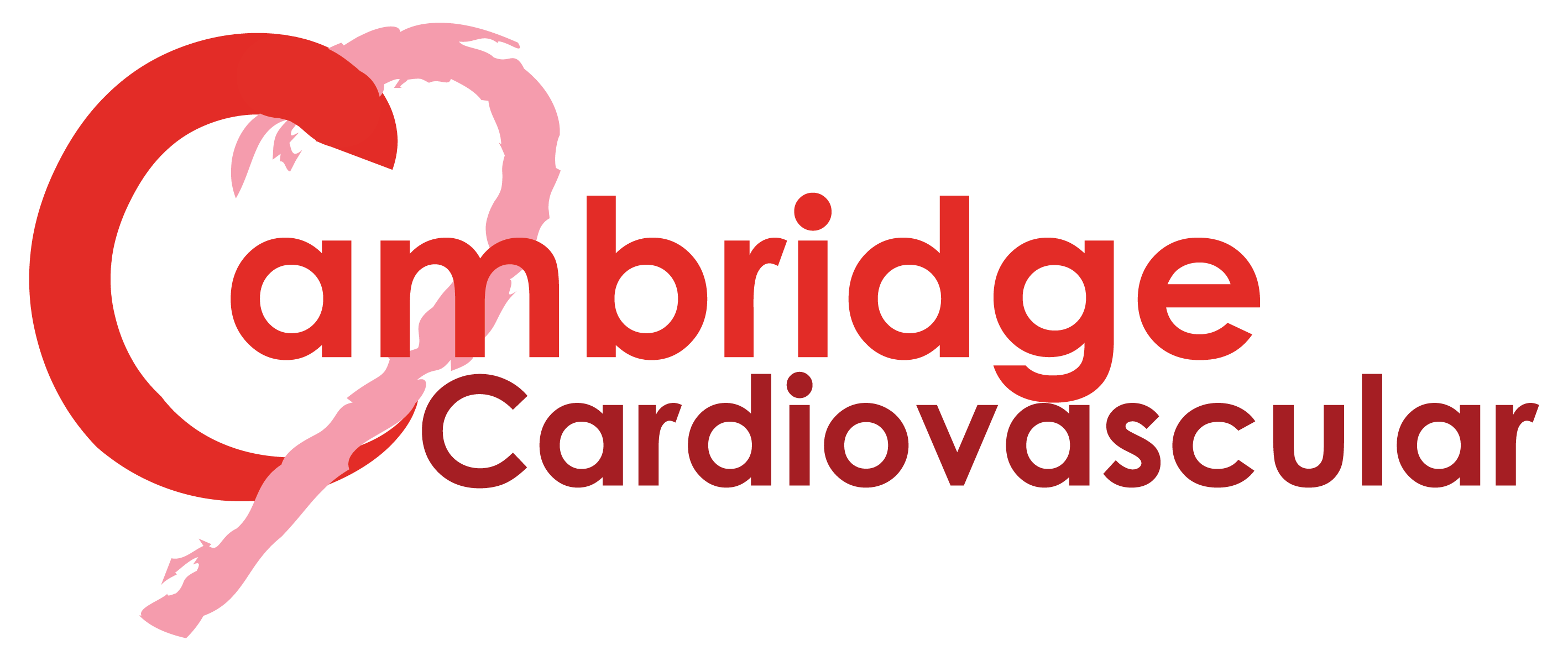Submitted by Administrator on Tue, 02/05/2017 - 15:48
Prof Ziad Mallat, Dr Meritxell Nus, Dr Andrew Sage, and others have discovered a new role for margical zone B cells in immune homeostasis in response to high cholesterol diet.
Marginal zone B cells belong to the B2 subset of B cells that have previously been thought to be atherogenic. However, the specific role of marginal zone B cells in atherosclerosis has not been studied until now.
In a study published in Nature Medicine, Prof Mallat's team has developed a mouse model that lacks marginal zone B cells. Surprisingly, the animals developed atherosclerotic lesions faster than expected.
In control mice, marginal zone B cells were found to express a protein called Pdl1 at a high level, and this expression increased further after mice were fed a high cholesterol diet. Pdl1 binds to a protein called PD1 on the surface of a T follicular helper cells and transmits an inhibitory signal. These T follicular helper cells were demonstrated to be atherogenic in previous experiments.
Thus when marginal zone B cells binds through Pdl1 to Pd1 on T follicular helper cells they inhibit their motility and activation thus protecting the individual from atherosclerosis.
This interaction between marginal zone B cells and T follicular helper cells was unexpected, as they were believed not to be physically in contact. The team has shown that in response to a high cholesterol diet, marginal zone B cells migrate to the T cell zone where they bind to precursors of T follicular helper cells inhibiting their motility.
This discovery has translational implications because blood marginal zone-like B cells also express very high levels of Pdl1 in humans. Furthermore, the applicability of this discovery is not only limited to atherosclerosis but has a broad range of applications in cancer and other conditions.




